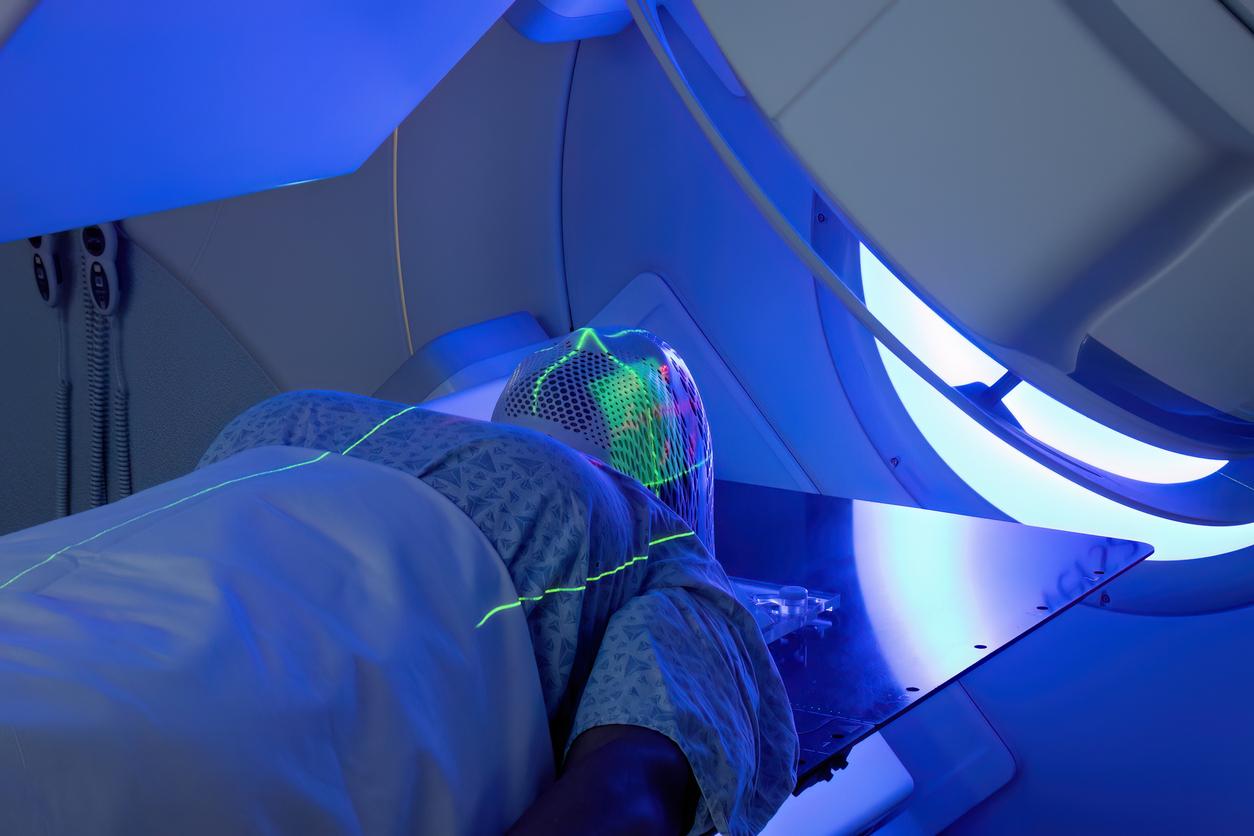The bacteria present in our intestinal flora would come as a reinforcement of chemotherapy to boost anti-cancer treatments: this is the astonishing discovery that researchers from the Institut Pasteur and their colleagues from Inserm and the Institut Gustave Roussy have just made. According to their work, which has just been published in the professional journal Science, “the effectiveness of one of the molecules most used in chemotherapy is based in part on its ability to cause the passage of certain bacteria from the intestinal flora to the blood circulation and lymph nodes. Once in the lymph nodes, these bacteria stimulate new immune defenses which will help the body to fight even better the cancerous tumor ”.
The intestinal flora (known as the intestinal microbiota) is made up of 100,000 billion bacteria. These billions of bacteria colonize the intestine from birth and play a key role in the maturation of the immune system.
As Inserm researchers explain: this intestinal flora constitutes a real organ because the bacterial species that compose it perform crucial functions for our health such as the elimination of substances foreign to the body that are potentially toxic or keeping them at bay. substances likely to contaminate us.
However, the bacteria that make up this intestinal flora differ from one person to another, protecting us more or less well against certain pathologies. For example, it has recently been learned that people with a deficiency of intestinal bacteria have a greater risk of developing obesity-related diseases.
On the cancer side, the team of Dr Dr Ivo Gomperts Boneca from the Institut Pasteur has just provided proof that the intestinal flora stimulates an individual’s immune responses to fight cancer during chemotherapy.
“Now that these” beneficial “bacteria have been identified, we should quickly succeed in providing more of them to the body, in particular via pro- or pre-biotics or a specific diet” hope the researchers.


















